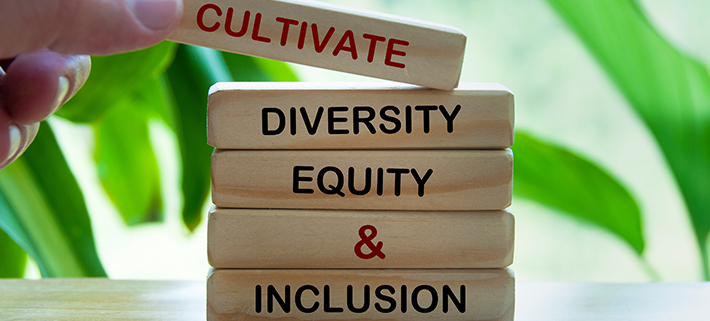How to Advance DEI Initiatives as an HR Professional
DEI initiatives not only foster a culture of belonging and respect but also lead to greater innovation, creativity, and overall business success. As key drivers of organizational change, human resources (HR) professionals play a vital role in promoting and implementing DEI initiatives. In this blog post, we will explore practical strategies that HR professionals can employ to advance DEI within their workplaces.
- Leadership Commitment
HR professionals must secure commitment from top leadership to ensure DEI becomes a core value of the organization. Engage senior leaders in conversations about the benefits of DEI and how it aligns with the organization’s mission and values. By obtaining their support, HR professionals can gain the necessary resources and influence to drive DEI initiatives across all levels of the organization. - Comprehensive Assessment
Conduct a thorough assessment of the organization’s current state of diversity, equity, and inclusion. Analyze key metrics, such as representation, pay equity, and employee engagement, to identify gaps and areas for improvement. Collect qualitative data through surveys, focus groups, and anonymous feedback to gain insights into the experiences and perspectives of employees from diverse backgrounds. This assessment will serve as a baseline to measure progress and guide the development of targeted DEI strategies. - Establish DEI Policies and Practices
Work with organizational leaders and legal teams to develop robust DEI policies that explicitly outline the company’s commitment to fostering an inclusive workplace. These policies should cover areas such as recruitment, hiring, promotion, training, compensation, and employee resource groups. Regularly review and update policies to ensure they reflect evolving best practices and legal requirements. - Diverse Recruitment and Hiring
To cultivate a diverse workforce, HR professionals should implement inclusive recruitment and hiring practices. Expand candidate sourcing strategies to reach a wider pool of diverse talent, including partnerships with community organizations and educational institutions. Remove biases from job descriptions and interview processes to ensure fair and equitable evaluations. Train hiring managers on unconscious bias awareness and inclusive interviewing techniques to make objective and inclusive hiring decisions. - Inclusive Training and Development
Develop and implement training programs that educate employees on the value of diversity, equity, and inclusion, while fostering empathy and cultural competence. Offer workshops and seminars on topics such as unconscious bias, microaggressions, and inclusive leadership. Encourage ongoing learning and provide resources that promote self-education and awareness. Additionally, establish mentoring and sponsorship programs to support the career advancement of underrepresented employees. - Employee Resource Groups (ERGs)
Support the formation and growth of employee resource groups (ERGs) or affinity groups that provide a platform for employees from different backgrounds to connect, share experiences, and drive change. Collaborate with ERGs to address specific challenges and implement initiatives that create a more inclusive workplace. Recognize and empower ERGs as valuable partners in the DEI journey. - Metrics and Accountability
Establish measurable goals and track progress regularly to ensure accountability. Monitor diversity metrics, such as representation at various levels, retention rates, and pay equity. Transparently share this information with employees to promote trust and create a sense of shared responsibility. Use data to identify areas where interventions are needed and continually refine DEI strategies accordingly. - Continuous Learning and Improvement
DEI is an ongoing journey that requires continuous learning and improvement. HR professionals should stay updated on emerging research, trends, and best practices related to DEI. Participate in industry conferences, workshops, and webinars to expand knowledge and network with other professionals in the field. Regularly seek feedback from employees and incorporate their insights into DEI initiatives.
As champions of change, HR professionals have a unique opportunity to promote diversity, equity, and inclusion within their organizations. By securing leadership commitment, conducting comprehensive assessments, implementing inclusive policies and practices, and fostering employee engagement, HR professionals can drive impactful DEI initiatives.
Remember, promoting DEI is not a one-time effort but a continuous journey that requires dedication, adaptability, and collaboration. Together, we can create workplaces where everyone feels valued, respected, and empowered to contribute their best.
If you’re interested in gaining deeper insights into your DEI data, we have an excellent tool that provides detailed dashboards of your DEI statistics by connecting directly to UKG Pro. Get in touch if you’d like to learn more and schedule a free demo!




